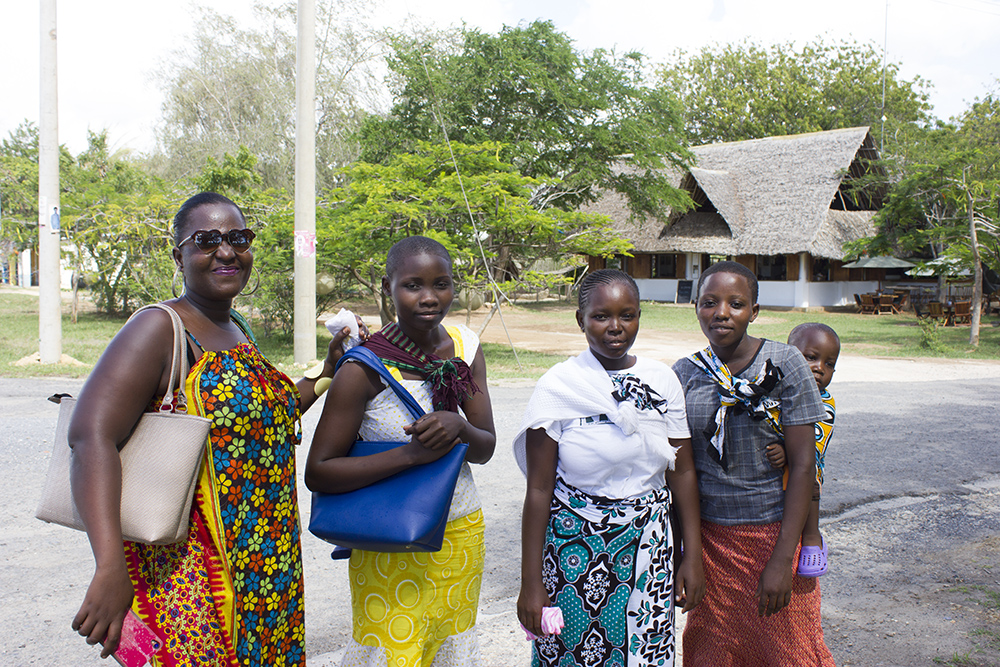 In the framework of the agriculture initiative, the young mothers should be able to start their own farming project. Therfore, it is necessary for them to achieve knowledge on how to start, what is needed and what to do from nursery until harvesting the crops or vegetables.
In the framework of the agriculture initiative, the young mothers should be able to start their own farming project. Therfore, it is necessary for them to achieve knowledge on how to start, what is needed and what to do from nursery until harvesting the crops or vegetables.
On April, 26th, a free agricultural training took place in the area. This was a good opportunity for the young mothers and also for me to join. Juliet, youth leader of UDI, went there with 3 of the young mothers from Mnarani, Purity, Kadzo and Elisabeth, and their kids.
The training was conducted by Bayer, a German pharma company. I was new to me that Bayer has headquarters in Kenya and that it markets agricultural products there.
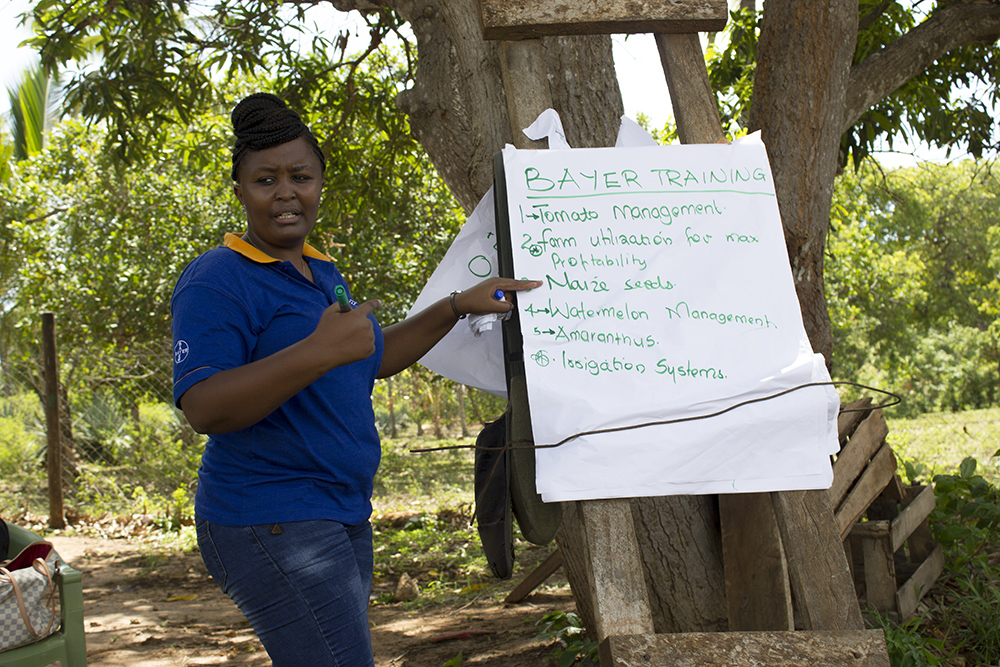
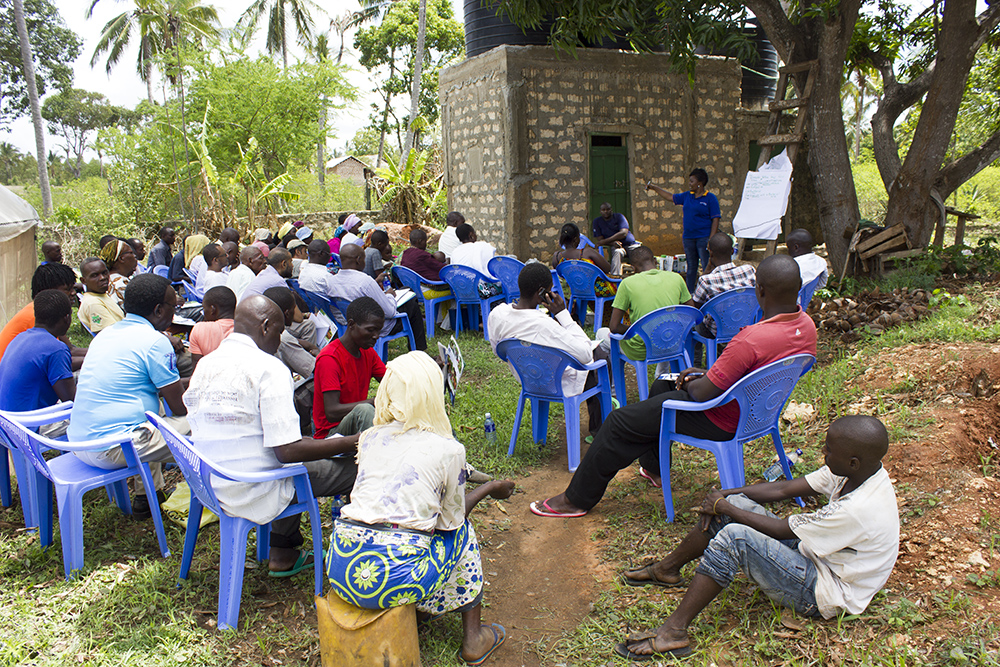
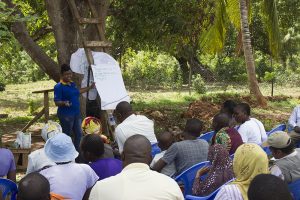
The participants were farmers from around the region that were interested in the topic. The Bayer staff taught about farming tomatos and watermelon from nursery to harvesting and explained which of the Bayer products can be used in which stadium. Although this training for Bayer is a promotion of their products, I think it was really informative for the participants.
The feedback of the 3 young mothers was very positive. They said that they got a lot of helpful information. So, the Bayer training can be considered as a good opportunity to train more of the young mothers on farming.
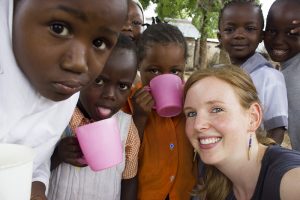
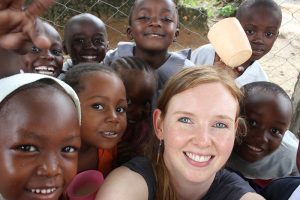
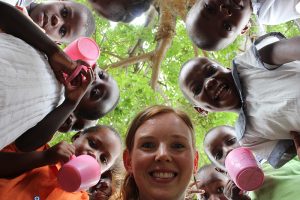
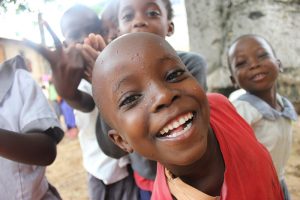
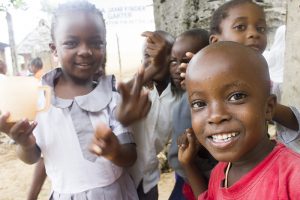
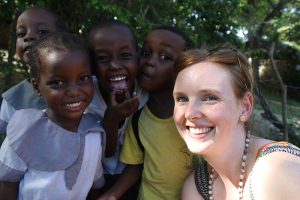
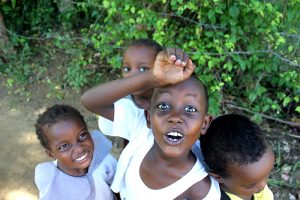
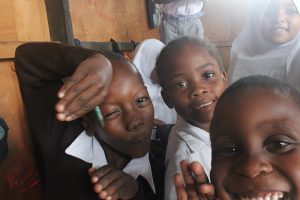
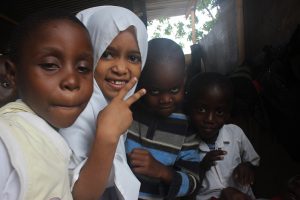
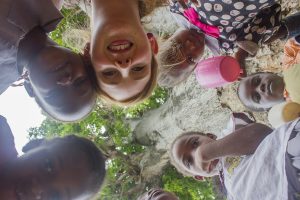
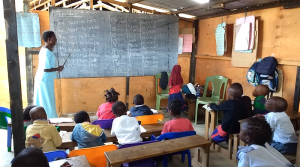
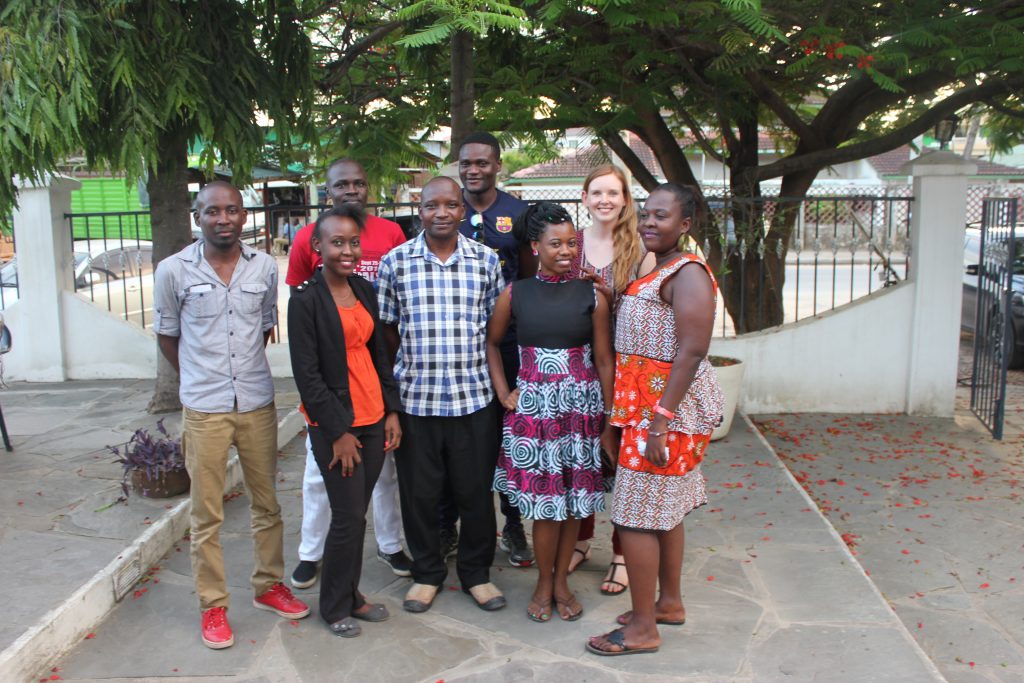
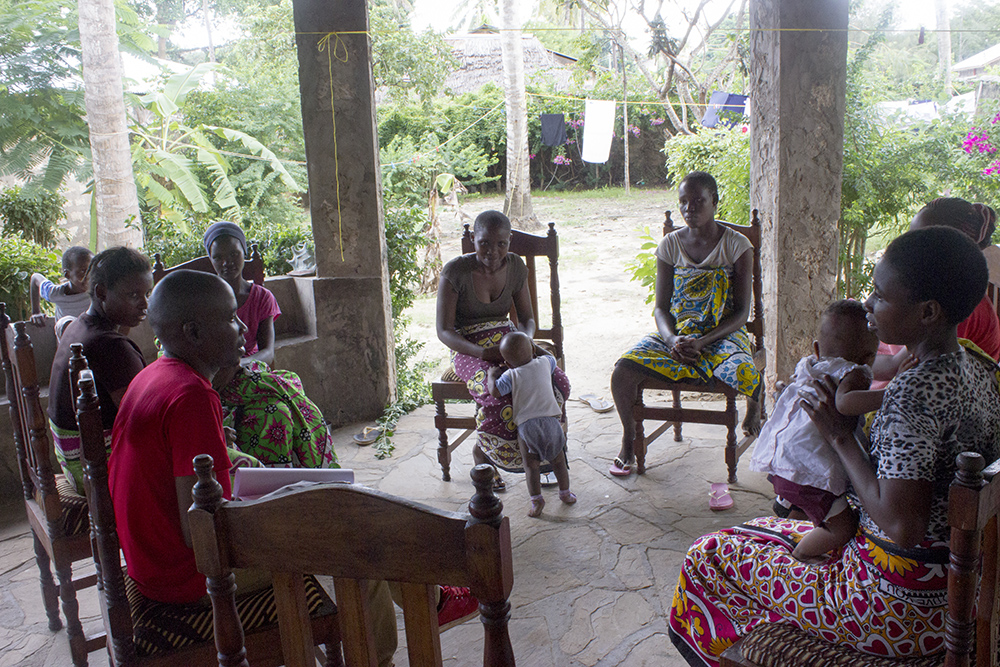
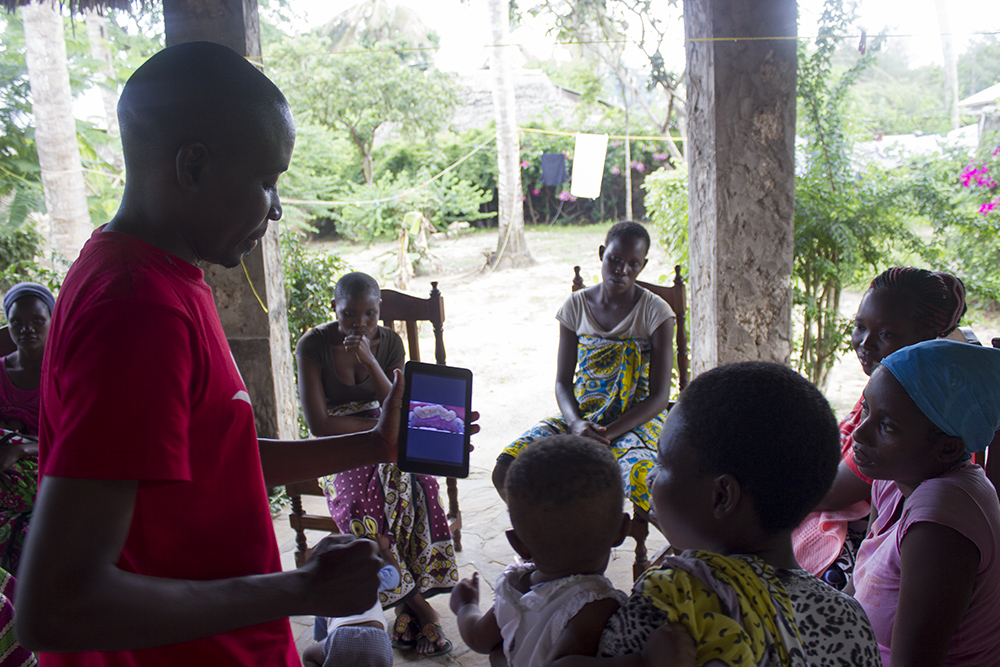
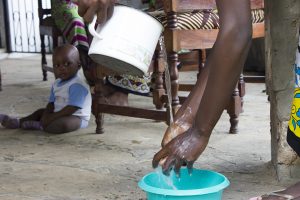 Small things like washing hands properly before and after eating and after going to the toilet is important to avoid infections. With a live demonstration the women could strengthen their awareness on the importance of washing hands properly.
Small things like washing hands properly before and after eating and after going to the toilet is important to avoid infections. With a live demonstration the women could strengthen their awareness on the importance of washing hands properly.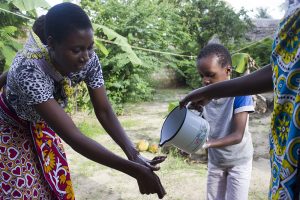
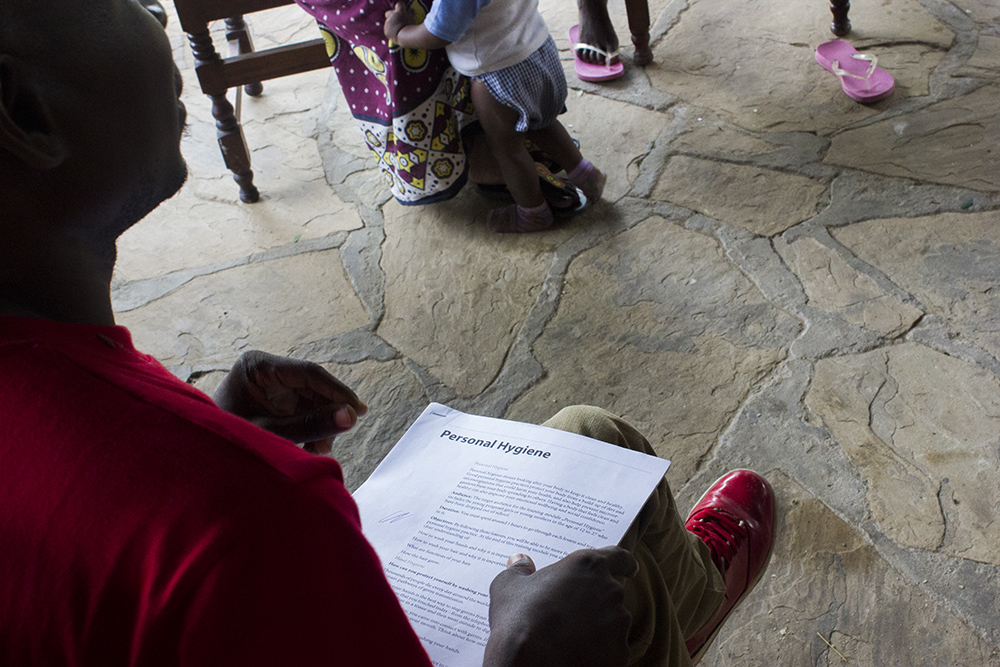
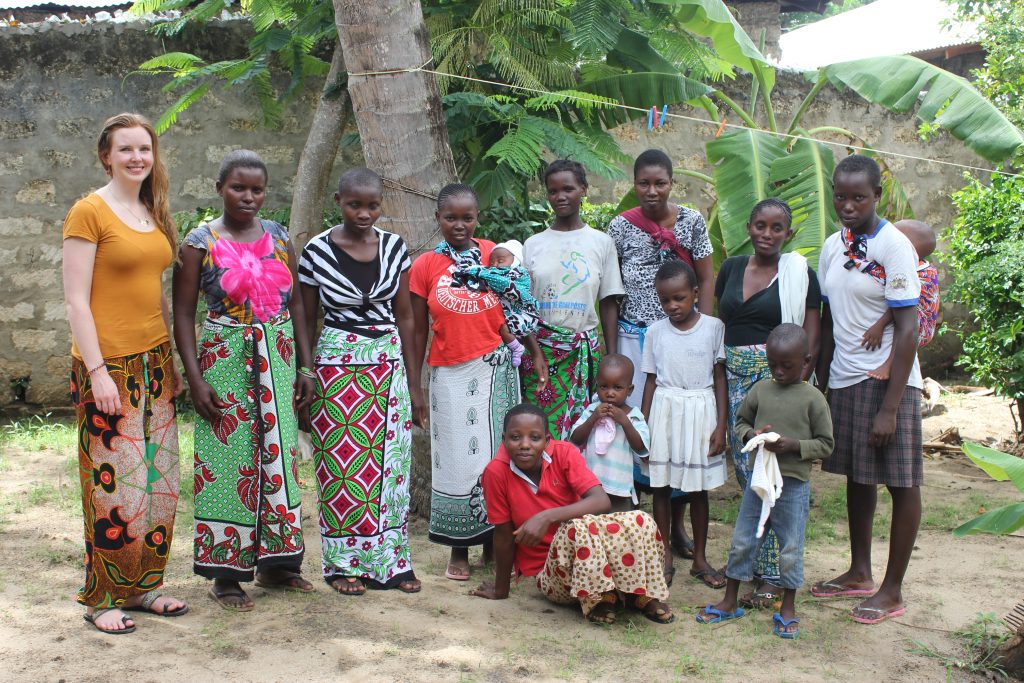
 In the framework of the agriculture initiative, the young mothers should be able to start their own farming project. Therfore, it is necessary for them to achieve knowledge on how to start, what is needed and what to do from nursery until harvesting the crops or vegetables.
In the framework of the agriculture initiative, the young mothers should be able to start their own farming project. Therfore, it is necessary for them to achieve knowledge on how to start, what is needed and what to do from nursery until harvesting the crops or vegetables.


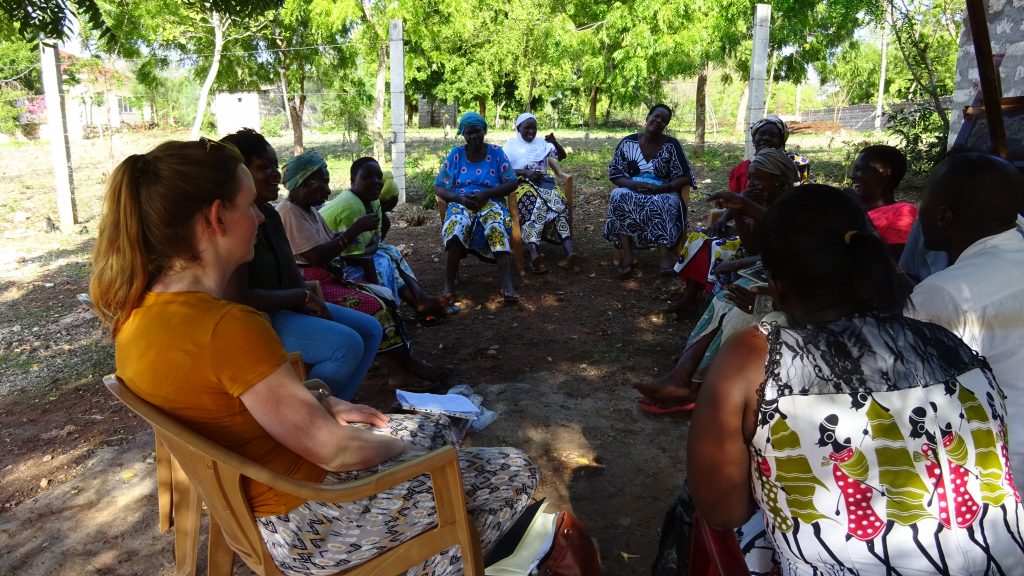
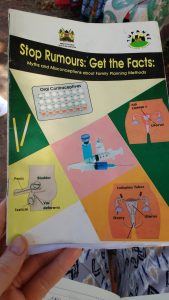
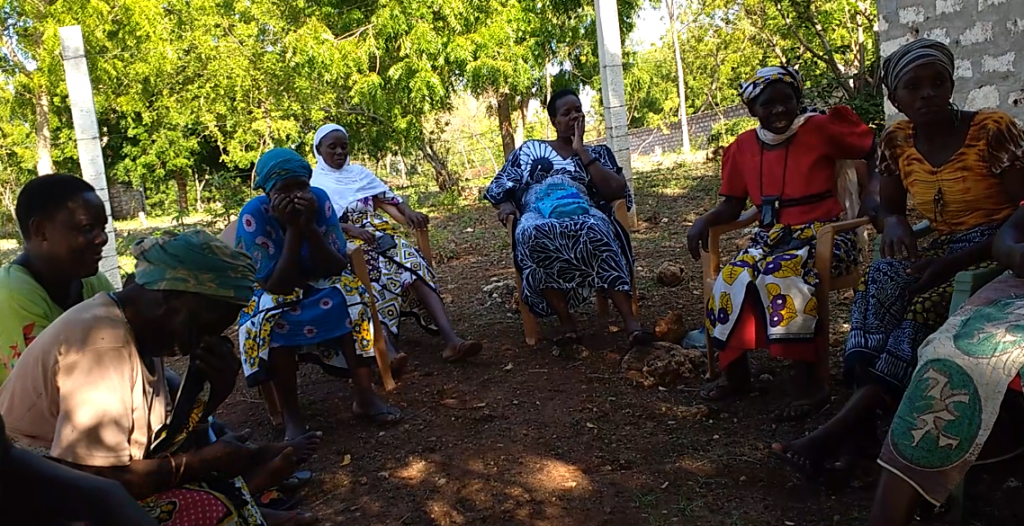
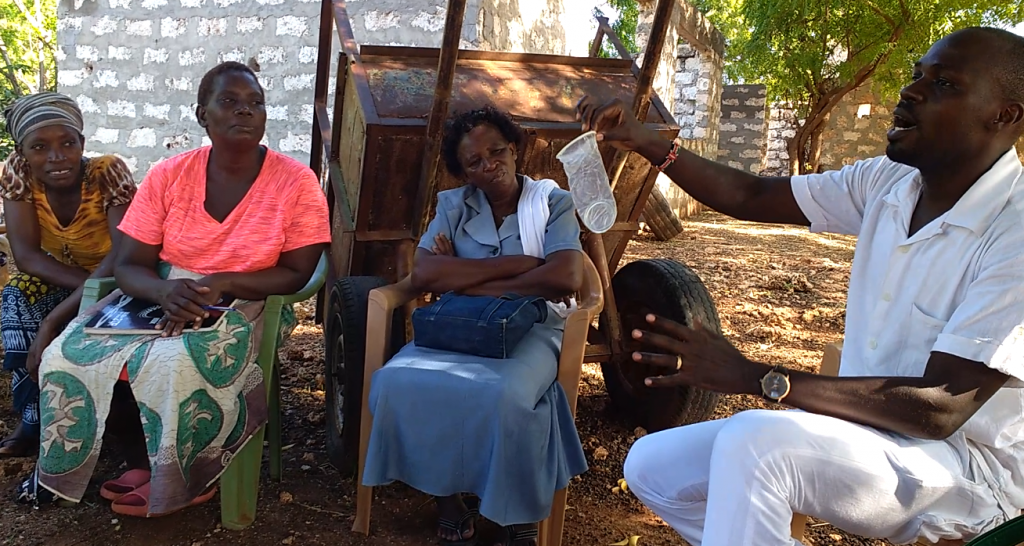
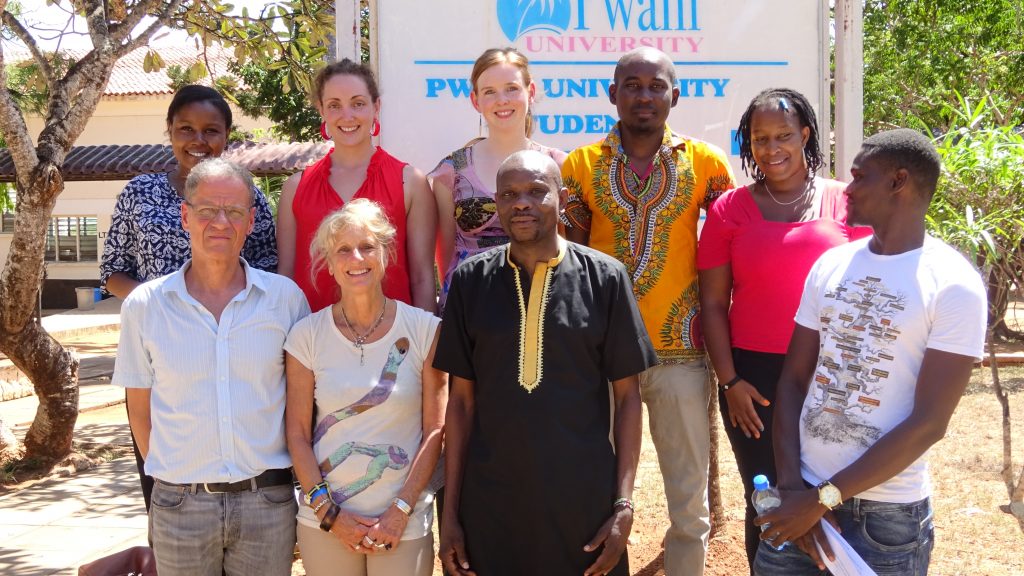

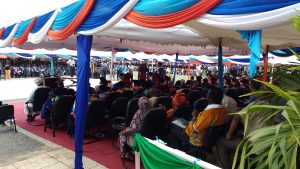
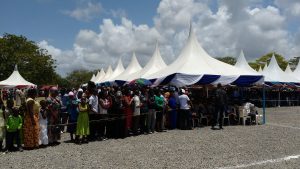
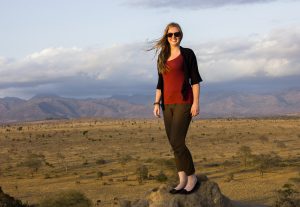 One highlight that wasn’t part of the official excursion was the 2-day Safari I had the chance to take part in. A tour guide took 5 other participants and me in a jeep from Mombasa about 4 hours north into Taita Hills Wildlife Sancuary, a national park in the middle of Kenya.
One highlight that wasn’t part of the official excursion was the 2-day Safari I had the chance to take part in. A tour guide took 5 other participants and me in a jeep from Mombasa about 4 hours north into Taita Hills Wildlife Sancuary, a national park in the middle of Kenya.